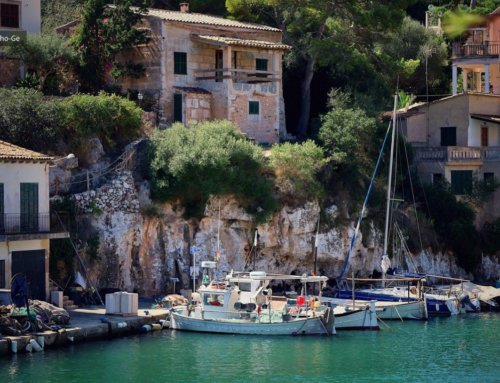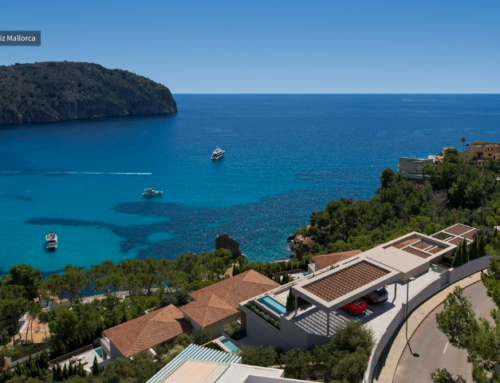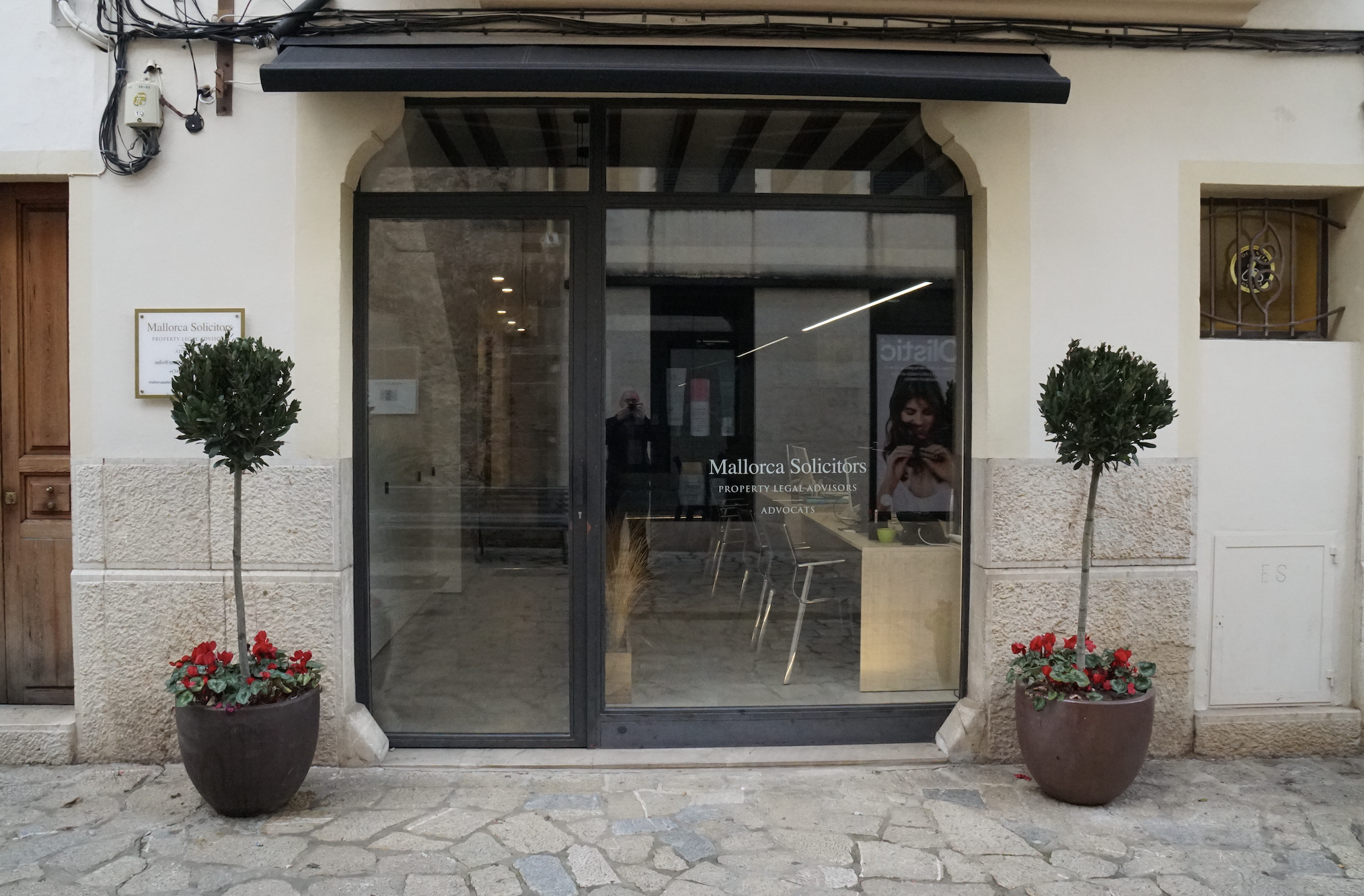
What are non-resident mortgages?
Spain is one of the main receiving countries of foreign tourists in the European Union, so it also has one of the highest rates of house purchases by non-residents.
These figures vary greatly depending on the region of the country where we are. While there are communities in which the purchase of housing by non-residents is practically testimonial (in Extremadura or Galicia it did not even reach 1% in 2019) in others it is a clear driving force for the real estate sector. For example, in the Canary Islands these operations accounted for 25.8% of the total in 2019, in Valencia 26.1% and in the Balearic Islands 29.4%.
To access financing for this type of home, there are two alternatives: to take out a mortgage in your country of origin or to do so in Spain through a mortgage for non-residents.
Characteristics of mortgages for non-residents
Mortgages for non-residents are a type of mortgage loan granted by financial institutions in Spain so that foreigners or Spaniards, whose tax residence is outside our country, can have access to a second home in Spain.
In this type of mortgage loan there is a big difference compared to a mortgage for a resident in Spain. The income of the person asking for the mortgage comes from another country.
This point is very important if we take into account that, although the home is the first guarantee of the loan, it is not the only one, but also all the assets of the applicant. In the case of a non-resident, these claims are much more complex and the possibility of seizure of other assets is almost impossible.
Therefore, the mortgage for non-residents usually has different characteristics:
- Its amount to be financed is significantly lower than a resident’s mortgage. If the normal percentage is 80%, the amount financed for non-residents is usually 60%.
- Its cost is usually higher, with higher interest rates on fixed mortgages and higher spreads on variable mortgages.
Despite this, it is a very interesting product for financial institutions, as it usually involves contracting other products, from current accounts where all income and payments (not only mortgage repayments, but also all associated expenses) are paid by direct debit, to bank cards.
What often starts out as a second home often ends up becoming a primary residence, essentially after the retirement of the buyer(s). And it is precisely this type of customer, generally with a high purchasing power, that is very important for banks.
When it comes to taking out a mortgage for non-residents, we can do so in practically any financial institution. In fact, the main way of choosing this type of mortgage over another loan in their country of origin comes from the connection between the home and the financial institution. Sometimes it is so direct that the financial entity is the owner or the one that has financed the construction of the home.
For all these reasons, although this year the influx of foreign visitors will be lower, mortgages for non-residents will continue to be a prominent product, especially in the most touristic areas.
If you require any assistance or legal counsel concerning properties, purchases and sales on the islands of Mallorca, Menorca and Ibiza, please contact us at your convenience at info@mallorcasolicitors.co.uk or by phone on the numbers listed on our contact page.












